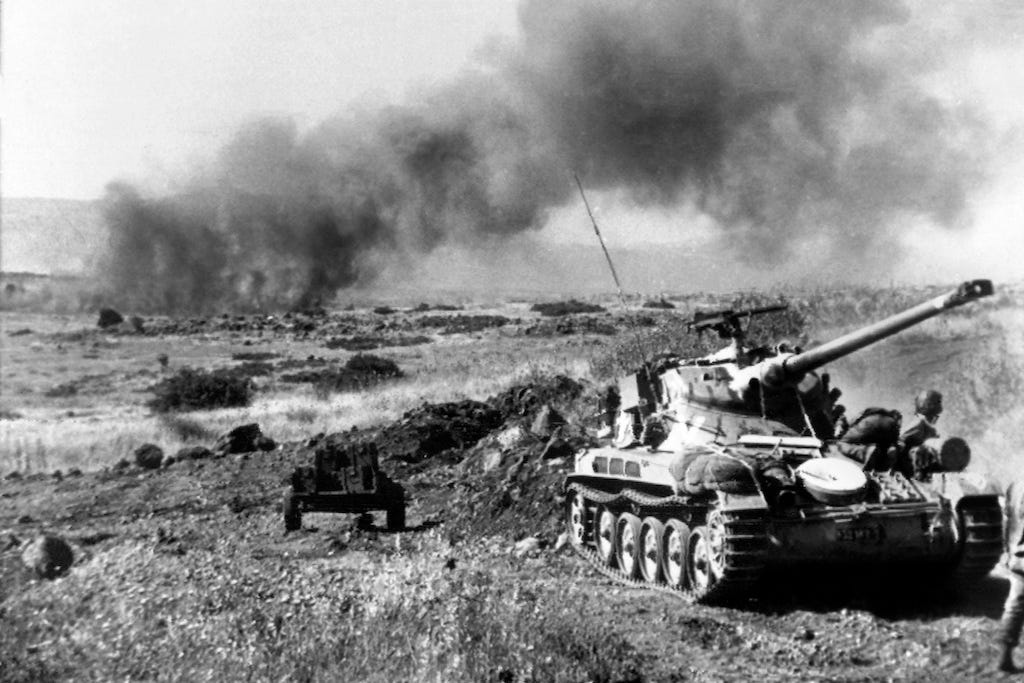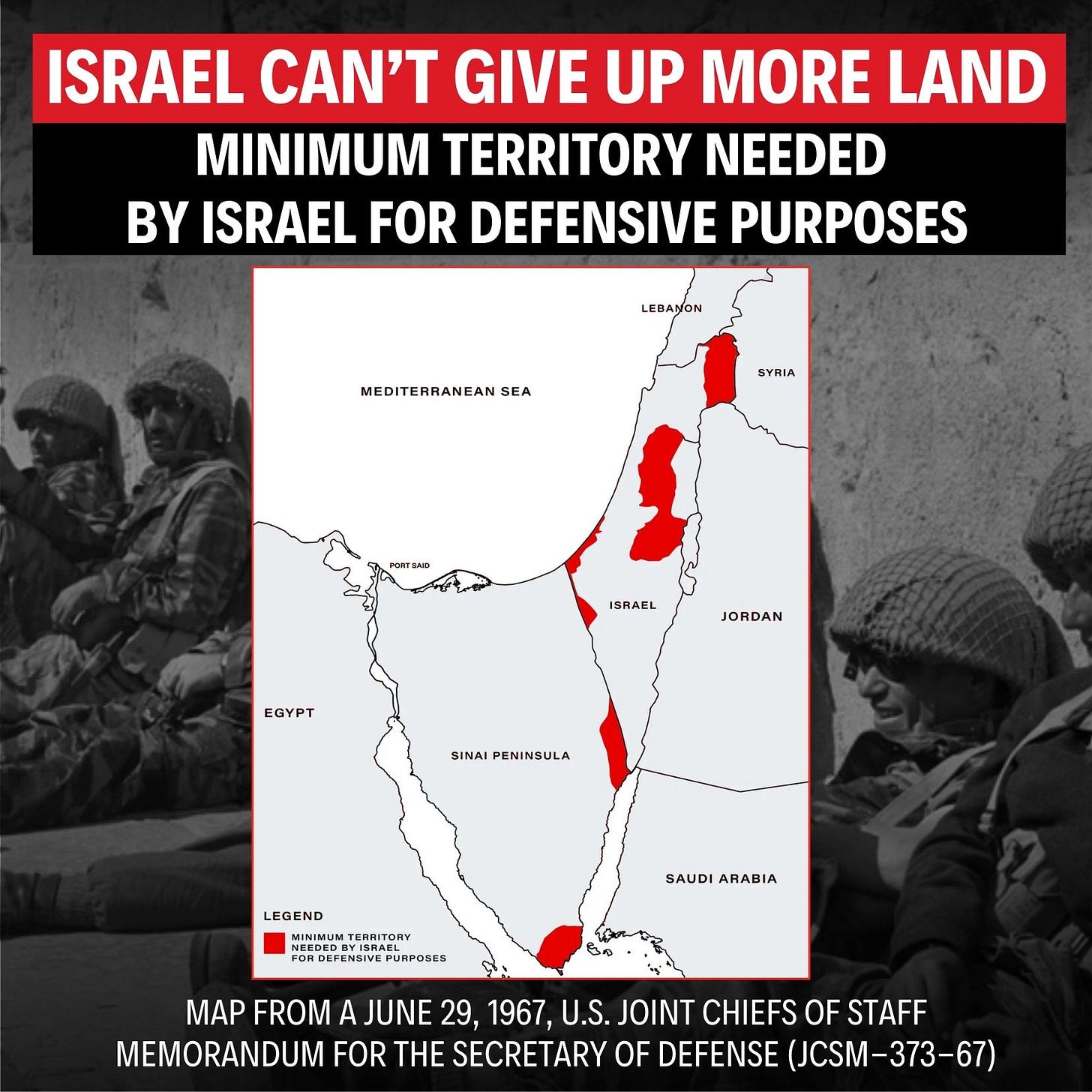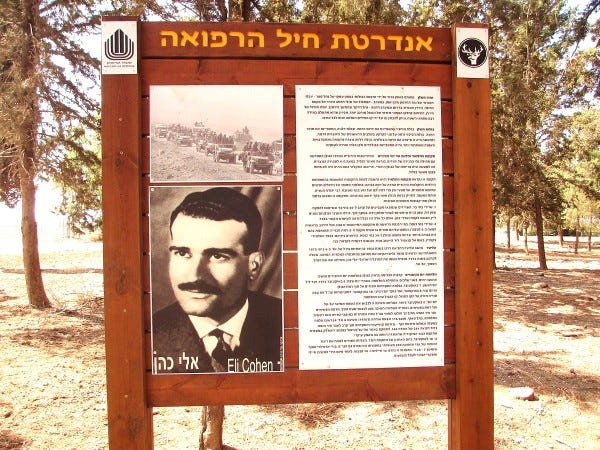43 Years After Annexation: Eli Cohen and the Strategic Importance of the Golan Heights
How the December 14, 1981 annexation and Cohen’s intelligence secured Israel’s future.
On December 14, 1981, Israel officially annexed the Golan Heights, cementing its control over a region that remains crucial for its security to this day. The move was rejected by the United Nations, which called the annexation "null and void" in UNSC Resolution 497 on December 17, 1981. More than four decades later, the Golan’s importance is clearer than ever, but its story is not about land—it’s about courage, sacrifice, and survival.
At the heart of this story is Eli Cohen (Eliyahu Ben-Shaul Cohen), one of Israel's most famous spies who infiltrated Syria’s top military ranks in the 1960s. Cohen gained access to Syria’s most important secrets and helped Israel understand Syria’s plans, whose actions played a pivotal role in shaping the fate of the Golan.
Before 1967, the Golan Heights was a Syrian military stronghold, constantly bombarding Israeli towns below. For nearly two decades, Israeli civilians lived under the constant threat of shelling, with no way to escape the fear. The Golan symbolized Israel’s vulnerability, a looming danger just above. But everything changed during the Six-Day War in 1967, when Israel took control of the Golan, turning a grave threat into a vital defense position.
The stakes were even higher before the six-day-war , when Syria in 1964 tried to divert the Yarmouk River, one of Israel’s main water sources. In the dry and volatile Middle East, water isn’t just a resource, it’s a matter of survival. If Syria had succeeded, Israel’s ability to grow crops and sustain its population would have been impossible. Israel couldn’t let this happen and stopped the plan in its tracks, in great part thanks to Eli Cohen’s intelligence in January 23rd, 1965, when the Israeli Air Force launched a nighttime raid on Shallal, destroying the facility and depriving the Syrians of their advantage.
When Israel captured the Golan in 1967, it didn’t just secure land, it also gained control over critical water sources, providing 30% of Israel’s water, like the Banias Spring, and ensured protection from continued attacks by Syria.
One of Cohen’s most brilliant acts of espionage came when he visited the Golan region and suggested to the Syrian military that they plant eucalyptus trees to provide shade for their soldiers. The Syrians took the idea, not realizing that these trees would later become key markers for Israeli forces, helping them pinpoint enemy positions during the war. This small detail helped Israel win the Six-Day War and capture the Golan Heights. Cohen paid with his life—captured and publicly hanged in Marjeh Square in Damascus on May 18, 1965 by the Syrians—but his intelligence had already saved countless Israeli lives and continues until today.
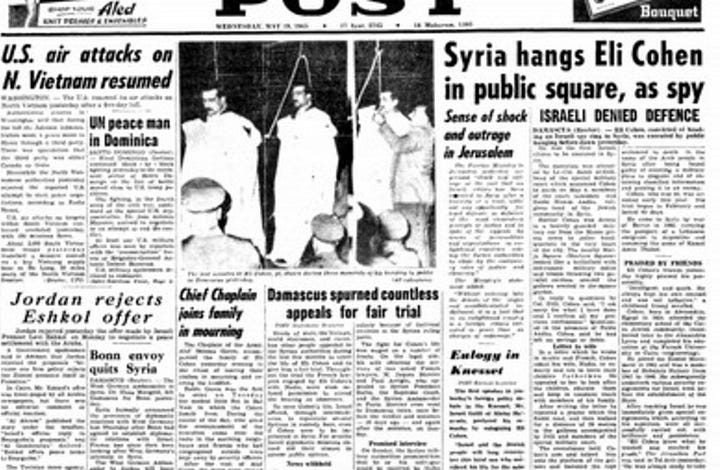
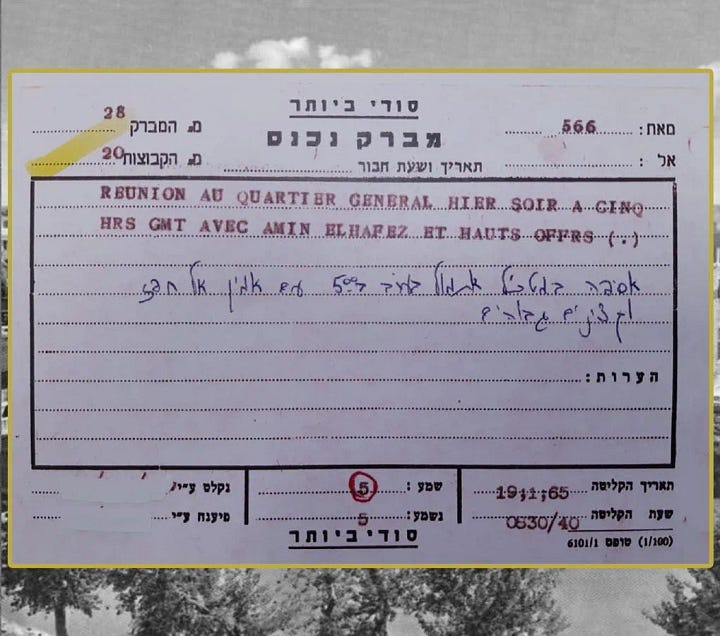
In the aftermath of the war, the U.S. Joint Chiefs of Staff concluded that Israel needed to keep the Golan Heights to defend itself against future threats. Their warning proved accurate, as the Golan continued to play a key role in Israel’s defense for years to come. From the Golan, Israel could see deep into Syria, making it impossible for enemy forces to launch surprise attacks from the high ground. Without the Golan, Israel’s cities would be exposed to attacks from above, putting the nation’s security at risk.
The Golan Heights isn’t just land—it’s Israel’s lifeline. Eli Cohen’s bravery, along with the strategic foresight of military leaders, helped ensure that the Golan would remain a cornerstone of Israel’s defense. Israel's recent incursion into the Syrian side of the Golan Heights, demarcated in 1974 by UNSC resolution 350, highlights the ongoing strategic necessity of the Golan as a defense buffer and a vital in securing Israel’s future against any external threats.
Eli Cohen’s legacy stands as a testament to the sacrifices that secured this vital region. His infiltration of Syria’s highest ranks provided critical intelligence that helped Israel capture the Golan in 1967, transforming a source of constant threat into a cornerstone of national defense. Cohen’s efforts also extended to global justice, as his intelligence exposed the refuge of Nazi war criminal Alois Brunner in Syria, aiding efforts to neutralize him.
Reports that Israeli authorities have taken advantage of the shifting political situation in Syria to search for the burial site of legendary spy Eli Cohen, who was captured and executed by Syria in 1965. Reports suggest that Israel has initiated contacts within Syria and abroad to uncover his final resting place. In February 2021, Russia, under Israeli pressure, began searching the Yarmouk refugee camp in Damascus, and an object believed to belong to Cohen was reportedly transferred to Israel. Although denied by Prime Minister Netanyahu’s office, these efforts highlight Israel’s ongoing commitment to honoring Cohen’s legacy and his critical role in securing the Golan Heights.





